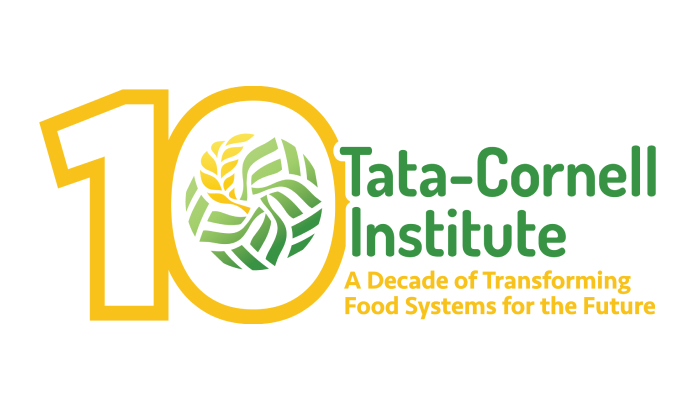TCI Partners with PRADAN to Improve Agricultural Climate Resiliency in India

Rice is perhaps the most important crop grown in India, where it accounts for roughly a third of all cultivated land. But the relatively high greenhouse gas emissions associated with rice production contribute significantly to climate change, while the disproportionate share of starchy rice in Indian diets increases the risk of non-communicable diseases. Moving away from rice production and increasing the cultivation of more nutritious, climate-friendly crops could help address both issues.
The Tata-Cornell Institute for Agriculture and Nutrition (TCI) is partnering with PRADAN on a project that aims to illuminate pathways to diversify agriculture in the state of Chhattisgarh away from rice in order to improve climate resiliency, increase farm income, and encourage healthy dietary practices.
“Taking steps to reduce the net greenhouse gas emissions of agricultural systems and make them more resilient to the effects of climate change is crucial to both ensuring food security and mitigating global temperature increases,” TCI Director Prabhu Pingali said. “We are happy to partner with PRADAN on this ambitious project, which will produce much-needed evidence on pathways for achieving climate-smart agriculture in smallholder systems.”

